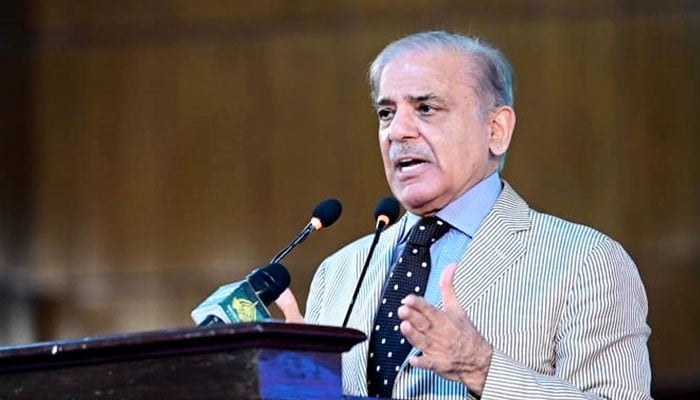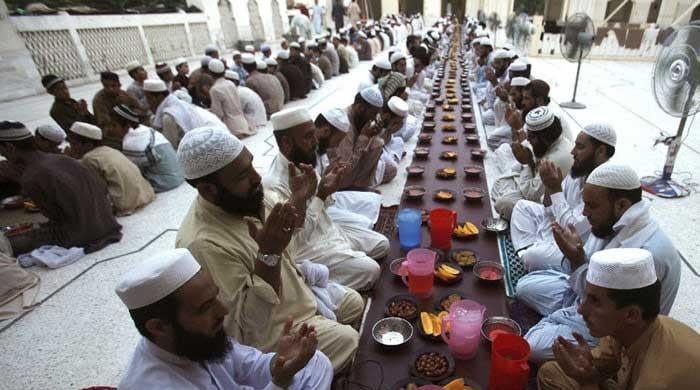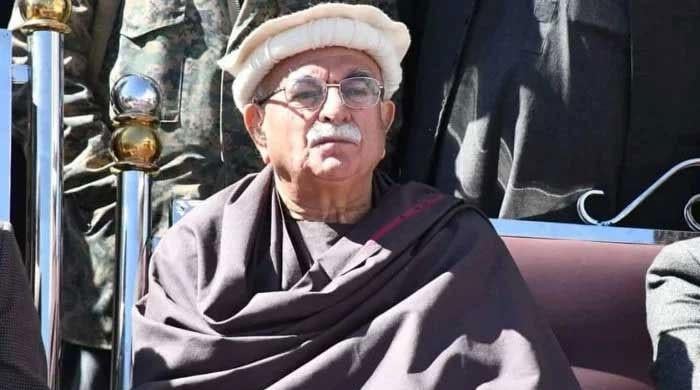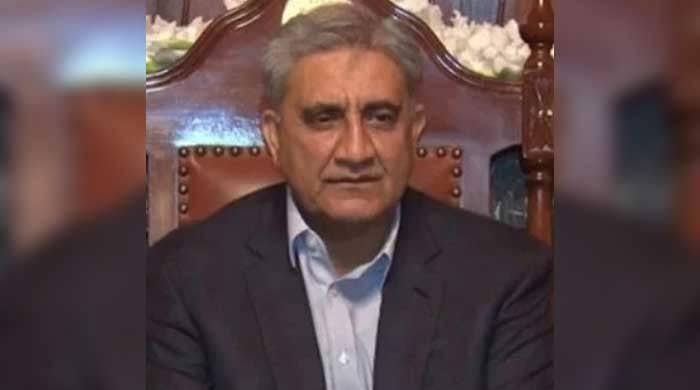What is Punjab bureaucracy thinking?
If Shehbaz Sharif does not become prime minister, it would be better to work with him as chief minister
February 12, 2024

LAHORE: Of all the provinces of Pakistan, the bureaucracy of Punjab is considered to be the most powerful. Since Punjab is the largest province of the country, all the officers posted here, whether they belong to the Pakistan Administrative Service (formerly DMG Group) or the Provincial Civil Service (Provincial Management Service), should have a good working relationship with the political leadership.
Bureaucrats in high positions believe that since the Pakistan Muslim League-Nawaz (PML-N) has won a majority in Punjab in the recent elections, if Shehbaz Sharif does not become the prime minister, it would be better to work with him as chief minister.
Senior officers are also of the view that if Maryam Nawaz or anyone from the party becomes the chief minister, they too will take the bureaucracy with them, given Shehbaz's style of governance in Punjab.
Having a good working relationship with the bureaucracy in Punjab will have a profound impact on the development of the province. Senior officers believe that Shehbaz provided them with support and confidence during his tenure as chief minister due to which Punjab developed faster than other provinces. Whoever will be the new chief executive of Punjab may not face resistance if he balances support and trust and does not try to shake off the bureaucracy.
In the Usman Buzdar era, many questions arose due to the lack of transparency in addition to the lack of output of the province. During the caretaker government in Punjab, the bureaucracy got support and helped complete more than Rs400 billion in development works, which was appreciated by the people.
The bureaucracy of Punjab believes that continuity of policies is essential to successfully implement the strategic plan for development during the five-year term of the politically elected government.
Shehbaz is more in favour of tenure posting in the bureaucracy than others and gives both time and support to the officers to perform. The bureaucracy also believes that Shehbaz has created such an infrastructure for the development of various cities of Punjab that the new chief minister can work on it and make the province a new role model in terms of development.
There has been a need to overcome the slowness in the development of Punjab since 2018, for which the new chief executive of the province will not only have to trust the officers but also give them support and time to maintain the performance and standard.
Originally published in The News











